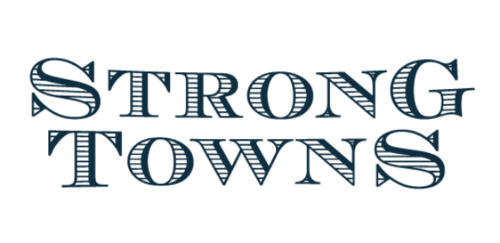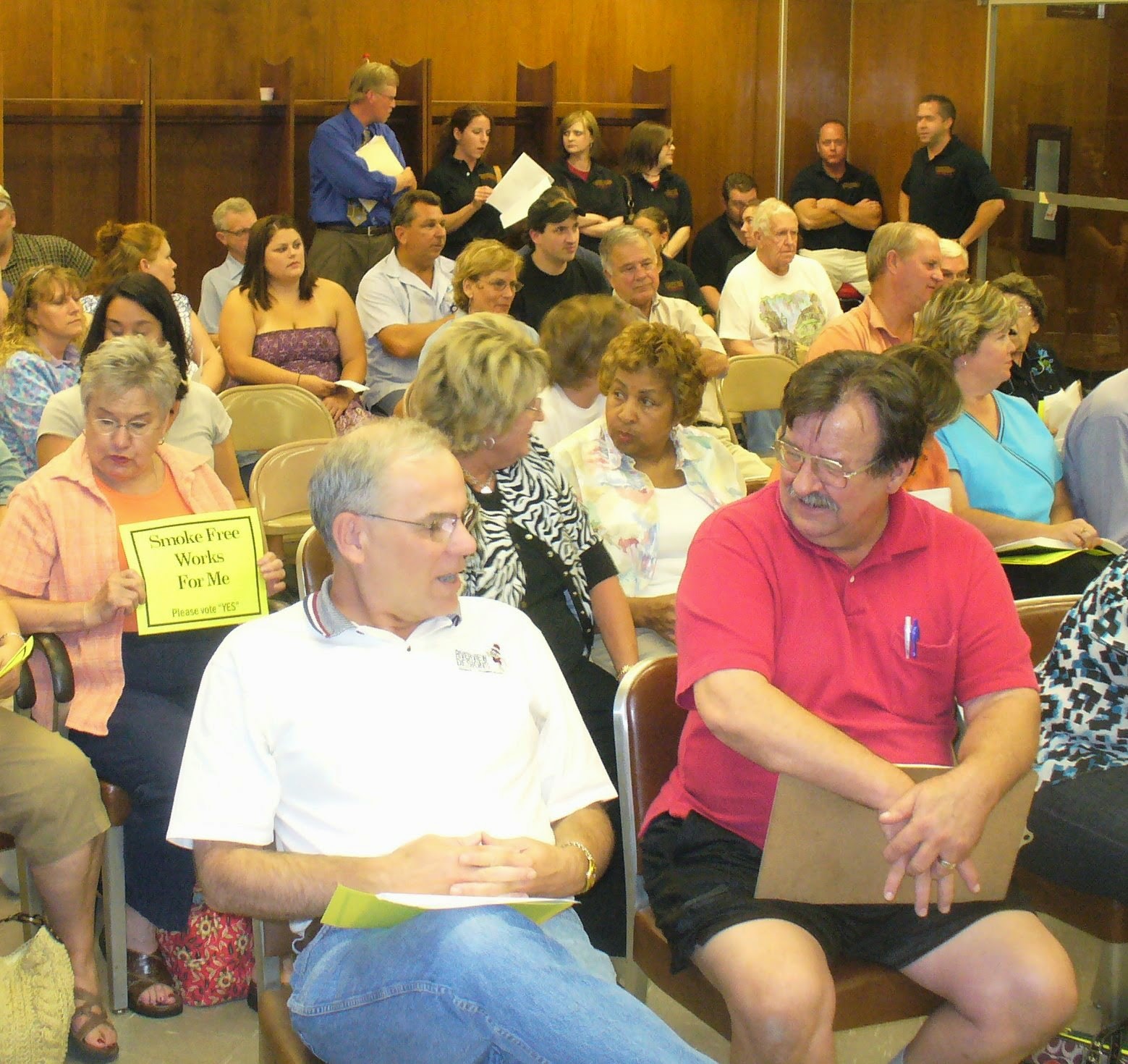
A periodic reminder about Strong Towns.
WHO WE ARE.
Strong Towns is an international movement that’s dedicated to making communities across the United States and Canada financially strong and resilient.THE PROBLEM WE FACE.
For generations, North American communities have been growing—or at least, they’ve been building. But as we’ve paved endless roads, raised countless buildings and put more and more infrastructure in the ground, we’ve given almost no thought to whether future generations will be able to afford to maintain the world we’ll leave them with—or how many of the things we build are making our communities worse places to live today.
As today’s essay by Charles Marohn was introduced in my member e-mail:
About ten years ago, a guy from Minnesota noticed something unusual was going on at work. He was a city planner who was respected by his peers, but the things he was helping communities build were putting them in debt—really deep in debt.
No one seemed to think this was a problem. In fact, most of his colleagues were doing the same thing. But when he did a little basic math, he realized that even in the best case scenario, the towns he worked with would never be able to afford to maintain all the pavement and pipe they’d put in the ground.
That guy, of course, was our founder and president, Chuck Marohn. And he decided to do something about this problem: he started the Strong Towns movement. And all those years, he maintained his planning certification, even though he stopped working professionally as a planner long ago.
These days, though, Chuck is considering letting that professional acronym fall off the end of his signature. And the reason why has some profound implications for the future of the Strong Towns movement.
Give it a read, and let us know: how will you make your town stronger today, no matter what letters are at the end of your name?
Good stuff.
Goodbye AICP? by Charles Marohn (Strong Towns)
Earlier this year, I received a letter from the American Planning Association (APA) informing me that my certification from the American Institute of Certified Planners (AICP) was no longer in effect. The reason stated was that I had failed to complete the required ethics credit for my continuing education. There was a reinstatement process outlined in the letter, including an ultimate deadline for meeting this requirement and becoming an AICP certified planner without having to retake the test.
The letter has sat on my desk for months. I came into the office this evening to find the letter so I could reference it, and someone has cleared it off my desk. I’m unable to locate it. My AICP pin that was sent to me years ago is sitting here on the ledge, however, in the box it came in with a dead bug on top of it. Its disposition is revealing.
I’m coming to the realization that I just don’t care about my AICP. I certainly have not lost any sleep over the letter from the APA. For months, I haven’t bothered to take even the most rudimentary action regarding it. This isn’t the kind of behavior one has regarding a certification they value.
Here comes the meat.
It’s no wonder that the AICP has tended to be—in my experience—an echo chamber of public employees (with governments paying their certification) and the planning consultants who want credibility with those governments (so they can enjoy exclusivity in selling their services).
I’m neither, and I’m starting to get the impression that I don’t belong. Or am not really wanted. I spend a fair amount of time with planners—a great number of them are AICP—and I know there is a lot of enthusiasm for Strong Towns within APA’s membership. Even so, certified planners—along with licensed engineers—present the greatest institutional obstacle to wide-scale adoption of a Strong Towns approach.
Throw another log on the fire.
If we’re going to sit around and wait for planners to lead this revolution, we’re going to be disappointed. Some will be there with us, but most are going to be late adopters.











